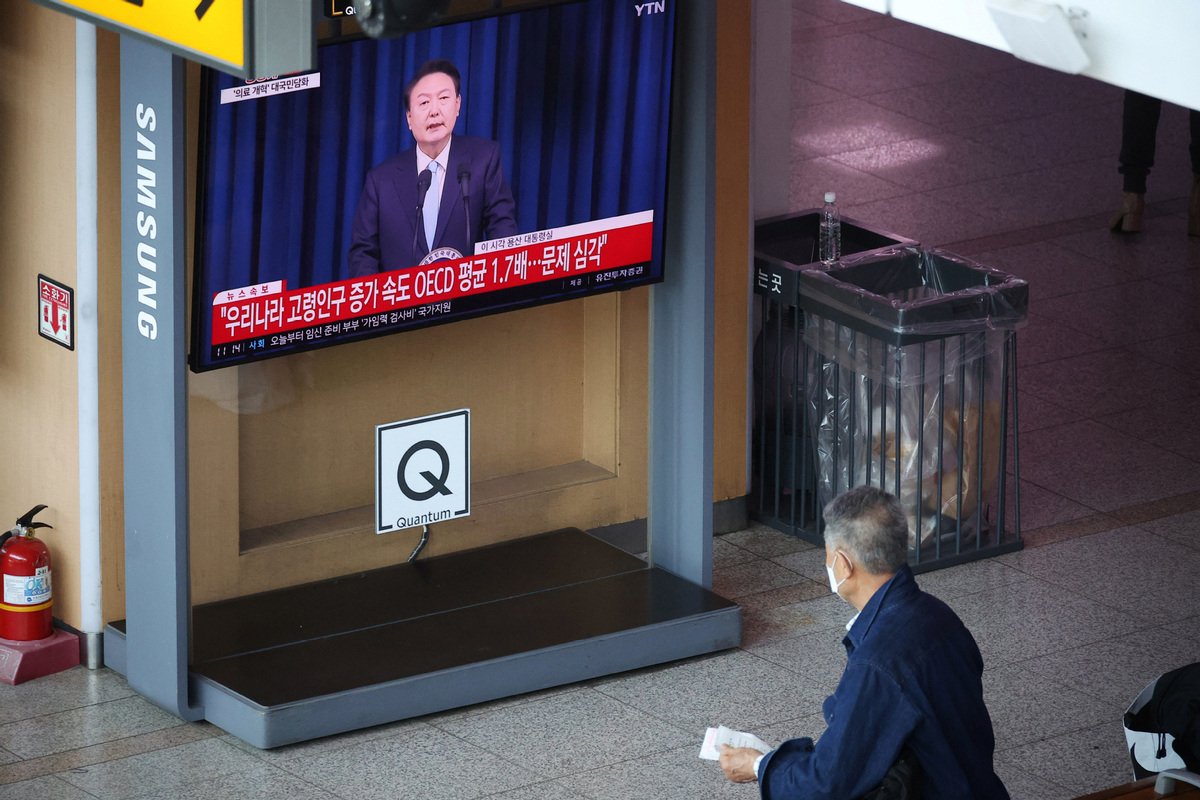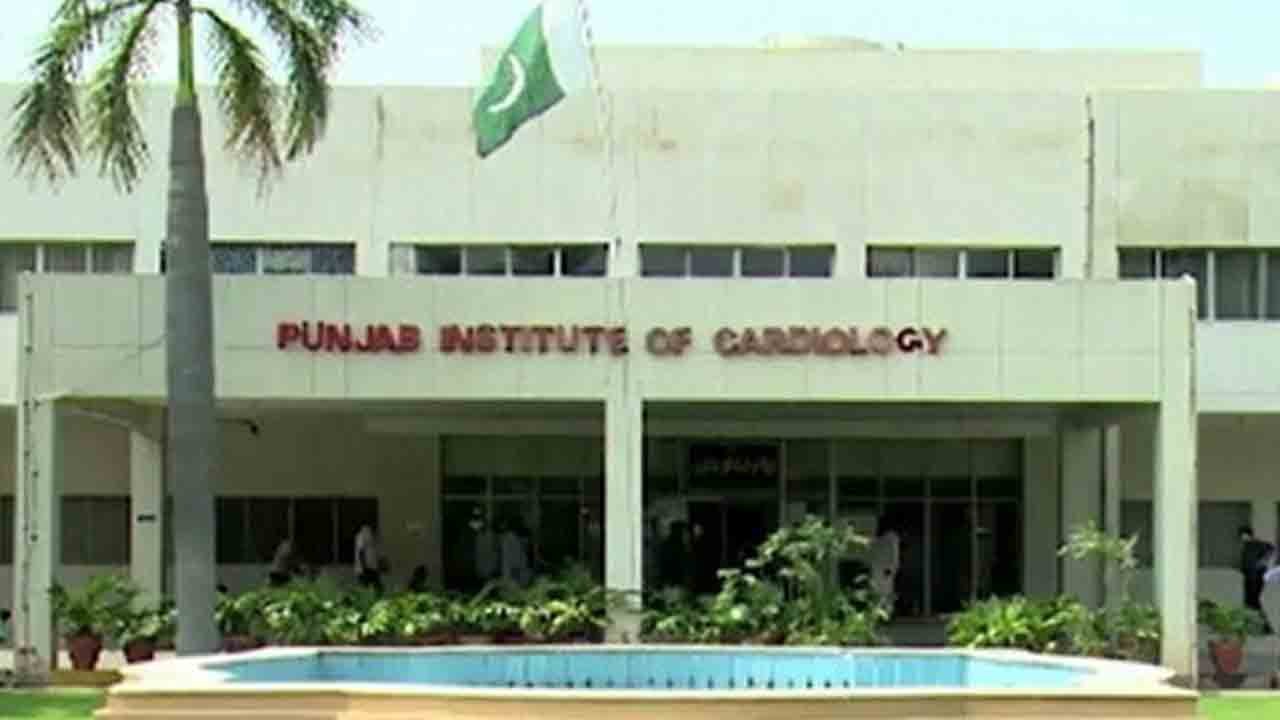President Yoon Suk Yeol of South Korea expressed his government’s willingness to engage in talks with doctors who oppose his proposal to expand medical school admissions. During a 50-minute address to the nation, President Yoon signaled a shift in stance, indicating a readiness to seek a compromise on his medical reform agenda following the government’s call for dialogue with striking doctors.
While acknowledging the inconvenience caused by the ongoing strike led by trainee doctors, President Yoon criticized the medical sector for prioritizing their interests over public health concerns. He emphasized the government’s openness to alternative solutions, stating, “If you come up with a more proper and reasonable solution, we can discuss it as much as you want.”
Since February 20, over 90% of the country’s 13,000 trainee doctors have been participating in walkouts to protest the government’s plan to increase medical school admissions by 2,000 starting in 2025, up from the current 3,000.
South Korea’s doctor-to-population ratio stands at 2.6 doctors per 1,000 people, significantly lower than the OECD average of 3.7. Previous administrations’ attempts to address doctor shortages faced strong opposition from the medical community, leading to the collapse of proposed measures.
Critics of the Yoon administration argue that the proposed reforms lack consultation and fail to address issues such as low pay for trainee doctors. President Yoon refuted these claims, urging doctors to provide evidence-based proposals for addressing the shortage rather than resorting to collective action.
He criticized the medical community for presenting arbitrary figures without scientific backing and called for a unified approach based on solid evidence.
President Yoon’s willingness to engage in dialogue marks a significant step toward finding a collaborative solution to South Korea’s healthcare challenges.



